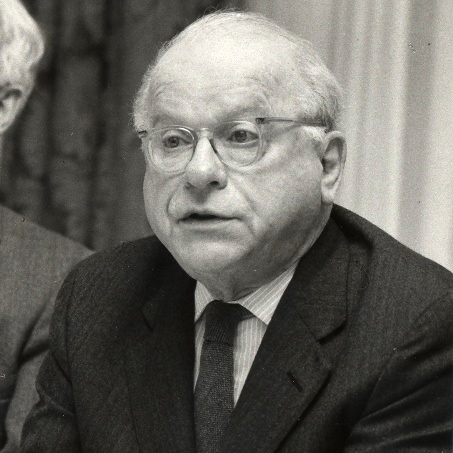Is the visible church part of the temporal order? The spirituality-of-the-church answer would suggest that because the church is inherently a spiritual institution with spiritual means for spiritual ends, then it is not part of the authority in charge of temporal affairs.
But if you are John Calvin and are a civil servant by virtue of being one of Geneva’s (company) pastors, your spirituality-of-the-church conviction translates into a spiritual Constantinianism. That is, the church, though spiritual, is part of the established political order.
I guess this is what Jake Meador is trying to identify when he writes:
The reformed believe that God presently rules over a spiritual kingdom through his lordship over the hearts of his people. But there is also a second kingdom, sometimes called a visible kingdom and sometimes a temporal kingdom. To this kingdom belongs the many social institutions that define daily life—family, local economies, government, and, according to Calvin, the visible, institutional church as well. Not only that, the institutional church is not the pure, sectioned-off community only for the true believers. It is a community of wheat and tares, an institution whose chief concern is not with marking out the outer boundaries of the church but with consistently and clearly articulating its center through the preaching of the Gospel and administration of the sacraments.
Does this mean, though, that Meador believes (or advocates) an established church? Or is he trying to say that churches are simply part of associational life in civil society — that broad range of institutions that lives and moves and has its being between citizens and government?
If he wants to avoid the Bahnsen Option (read theonomy), he should try to be more precise about institutions — involuntary (federal, state, local), voluntary, educational, economic, familial — and clearer about the differences between Calvin’s Geneva and modern Calvinists’ political liberalism (read separation of church and state). Otherwise, simply waving the wand of the temporal kingdom over such diverse spheres as business, families, churches, and city councils could land you in some sort of theocratic arrangement where the Lordship of Christ implies Christians “running everything.”
I suspect that Meador is only reflecting the imprecision that generally afflicts neo-Calvinists and transformationalists. After all, he insists that to avoid the Benedict Option we need an ecclesiology that produces a rationale for Christians to serve the common good:
A reformed ecclesiology provides a basis for that way of thinking. It helps the individual Christian understand how they are both a child of the church and a member of the broader commonwealth—and that those two things do not exist in competition with one another. Other ecclesiologies, which see the visible church as some sort of special institution existing in some cordoned off reality removed from all other institutions, have a far harder time providing a rationale for that sort of work in the broader commonwealth.
Well, sometimes they are at odds. Ask Jesus or the apostles when faced with either obeying God or (the) man.
What Meador and other expansive Reformed types may want to consider is that a narrow view of the church and its activities is precisely the best rationale for Christians to engage in all walks of life. The spirituality of the church was the Benedict Option before the Benedict Option. If the church’s footprint is big, then the church has to do everything — like the ministry of dog catching and garbage collecting. But if the church’s scope is spiritual — word, sacraments, prayer, discipline — then Christians have six days of the week for all sorts of legitimate work, and lots of freedom to form any number of organizations for pursuing such activity. None of which, by the way, advances the kingdom of grace (WSC 102).

